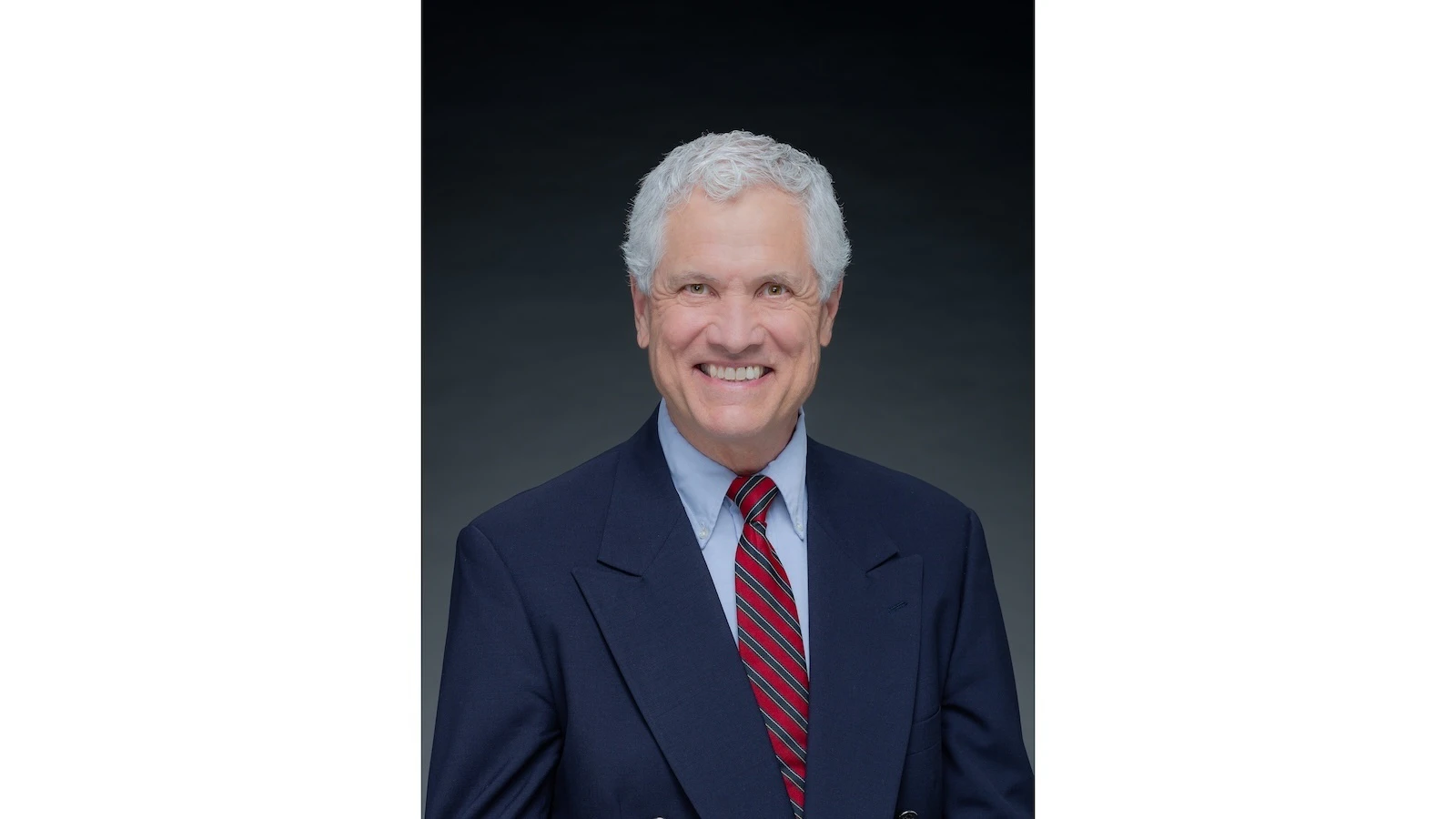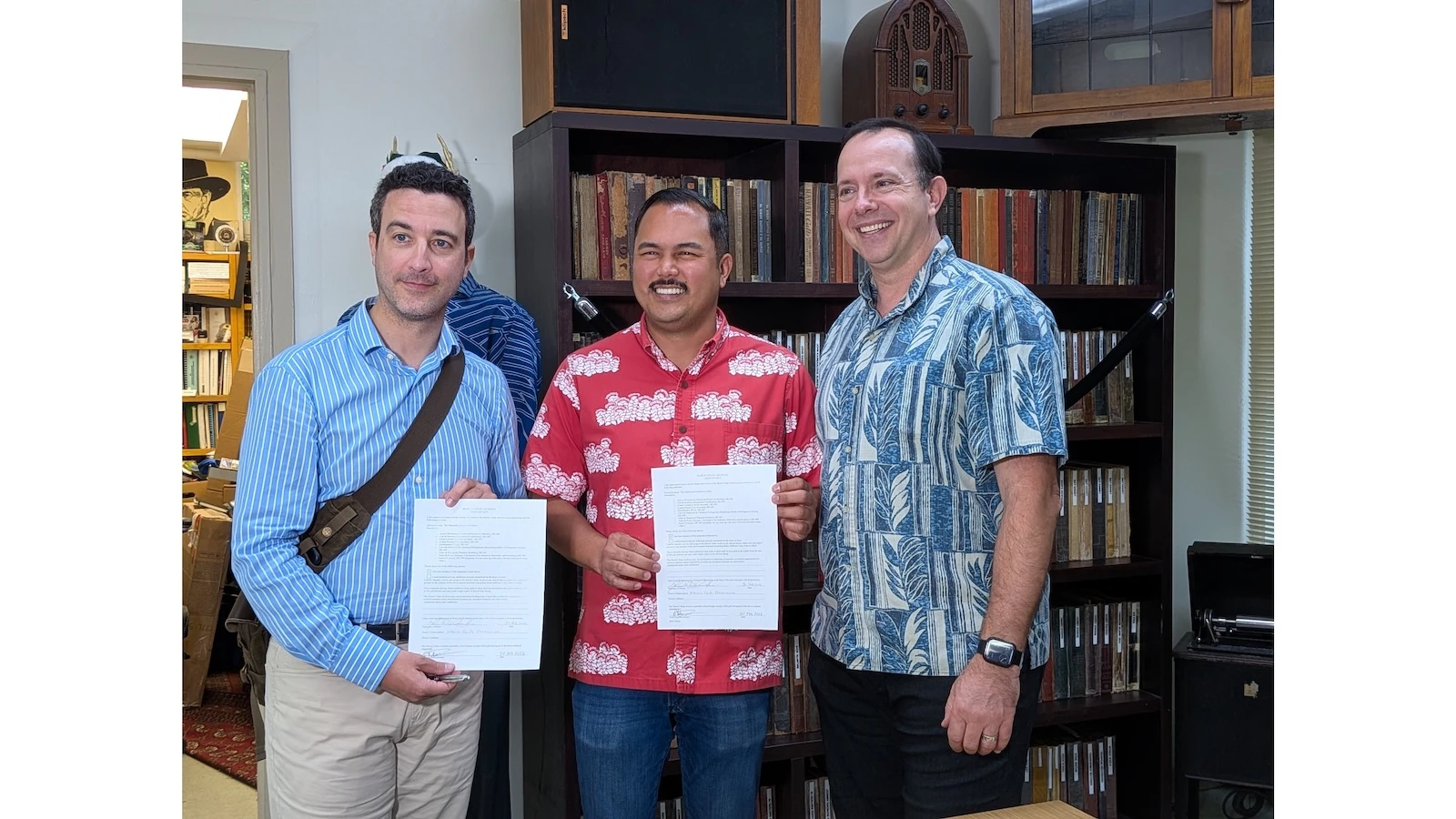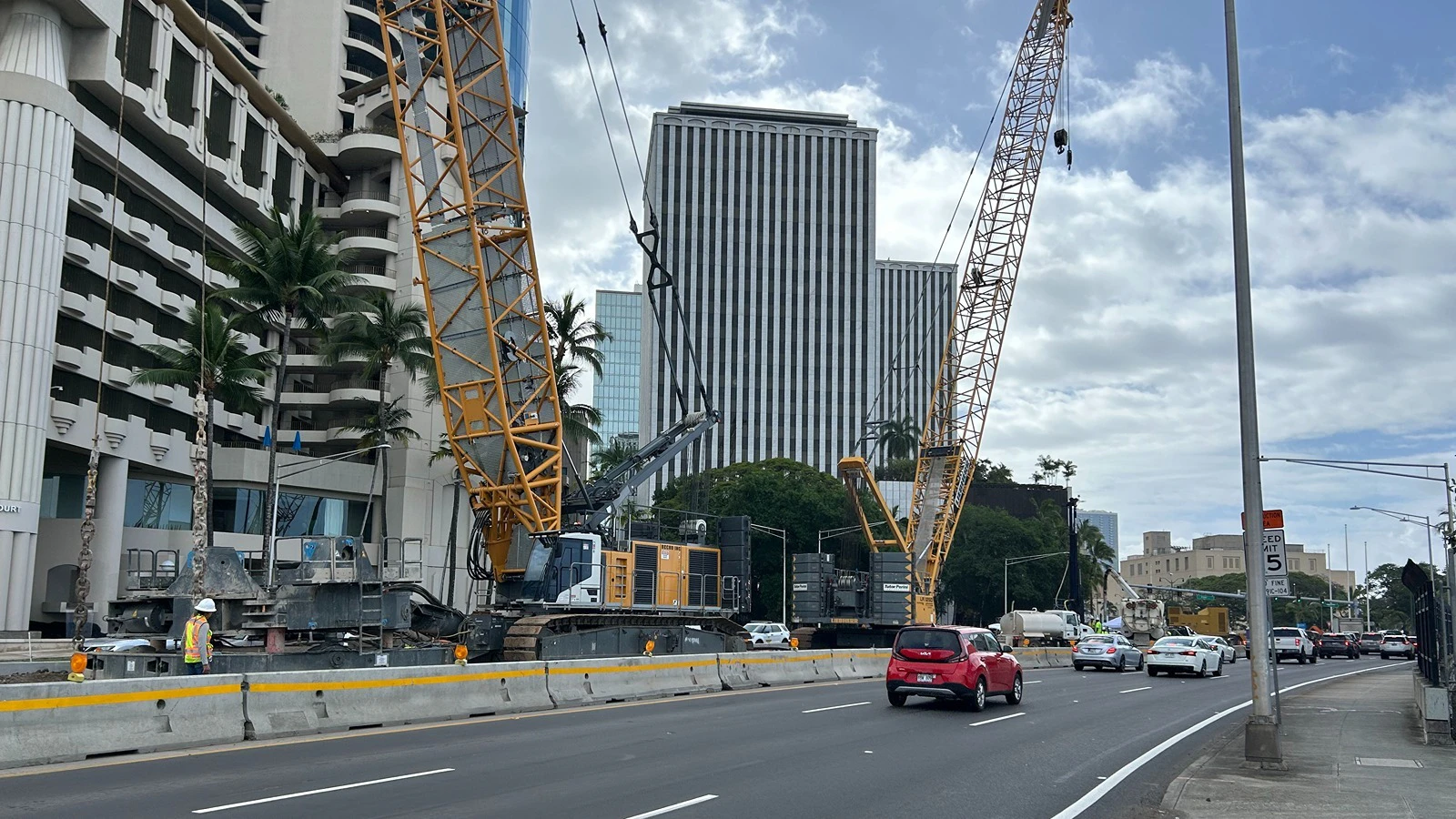More than 250 Hawai‘i healthcare workers will strike next week amid a multi-state picket of Kaiser Permanente facilities.
The United Nurses Associations of California/Union of Health Care Professionals represents more than 40,000 health care workers in Hawai‘i and California.
On Tuesday, more than 31,000 of those workers — some 250 of whom are in Hawai‘i — will join picket lines calling for fair wages at Kaiser Permanente, which provides health care coverage for more than 270,000 Hawai‘i residents. The strike is touted as the largest in the unions’ 50-year history, and will include registered nurses, anesthetists, nurse practitioners, therapists, dietitians and other professionals.
A statement by the unions announcing the strike said union negotiations for new contracts have been unsuccessful for months, with Kaiser executives allegedly refusing the unions’ demands for better pay and improved staffing. The unions criticized Kaiser for keeping wages stagnant amid inflation and rising costs of living, cutting retirement benefits and understaffing facilities, despite Kaiser holding more than $64 billion in reserves and investing heavily in expansions to other states, according to the unions’ statement.
These policies especially hurt workers in Hawai‘i, union member Rachel Stone told Aloha State Daily.
“I was doing the same job as a clinical pharmacist for Kaiser in California,” Stone said. “But when I wanted to move back to Hawai‘i, to be back home, I took a 20% pay cut to do the same job … It was a sacrifice I was willing to make, but I don’t think everyone should have to make it.”
Stone, who grew up on O‘ahu, said thousands of residents are leaving Hawai‘i every year because their pay can’t keep up with the rising cost of living. Other union members, she said, have to work multiple jobs to make ends meet, and while her pay is enough to get by, she’s uncertain if she could afford to start a family.
Stone said she has heard for decades that “the price of paradise” means that prices in Hawai‘i are high and pay is low “and that’s just the way it is.”
“But I work just as hard here as I did in California, doing pretty much the same thing, and I’m getting paid less,” Stone said. “The price of paradise doesn’t mean that this has to be the way it is.”
While the strike is intended to fight for workers, Stone said she believes patients will benefit in the long term: “people who live here should be served by people who are also from here,” she said.
The strike will last from 7 a.m. Tuesday until 7 a.m. Oct. 19, with UNAC/UHCP picket schedules indicating that the Kaiser Honolulu Medical Office and the Maui Lani Medical Office will be picketed from 7 a.m. to 8 p.m. each day, while the Moanalua Medical Center will be picketed from 7 a.m. to 9 p.m. Stone suggested that Kaiser likely has contingency plans to prevent interruptions in medical services during the strike — and added that not all of Kaiser’s employees are in a union — but what those contingencies might be, she could not say.
A statement on Kaiser's website advises that the company has "put strong plans in place to minimize interruption to [patients'] care," and recommends that patients not reschedule appointments that were set for next week. Moanalua Medical Center's Emergency Department, along with urgent cares at other offices, will remain open, while prescriptions can be filled or refilled via Kaiser's mail-order delivery service.
However, most laboratory locations will be closed during the strike.
“As a medical professional, it’s not an easy choice to decide to go on strike,” Stone said. “But we’re doing this for future generations on medical professionals in the state.”
Aloha State Daily reached out to Kaiser for comment.





